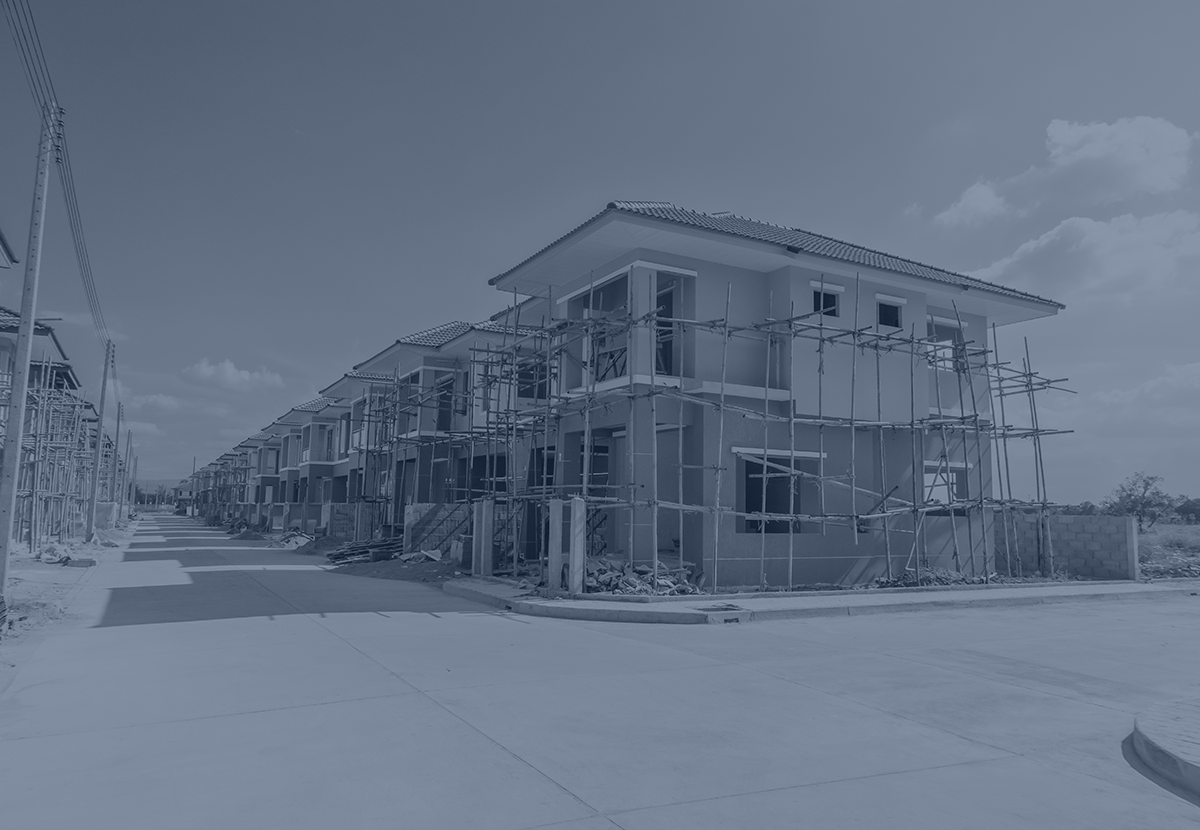The U.S. housing market remains underbuilt by 3.8 million homes, according to new data from Realtor.com, despite moderate improvements in 2024.
- While the supply gap narrowed slightly from 4.3 million in 2023, it still marks the third-worst shortfall in the past 12 years.
Why It Matters: The persistent housing shortage continues to drive up home prices and rents, putting pressure on affordability. At last year’s construction pace, it would take 7.5 years to close the gap and meet demand from new household formations and pent-up housing needs.
By The Numbers: In 2024, 1.4 million new housing units were started—the first time new construction outpaced household formations since 2016. However, 1.6 million expected Gen Z and millennial households did not form last year, keeping demand artificially lower.
- Problem: Despite improved supply numbers, total annual housing starts have been declining since their 2021 peak, limiting how quickly the deficit can be erased.
Good News: The housing boom has been helped keep home prices from continuing to rise like they are in the Northeast and the West. If current trends continue, the South could close its housing supply gap in three years. Unfortunately, the other regions were not as lucky.
- The West would need 6.5 years. The Midwest would take 41 years, and the Northeast would see little improvement.
Uncertain Future: The Trump administration’s recent tariffs on lumber sent prices soaring to their highest level since the COVID-19 supply chain disruptions, according to industry publication Wood Central.
- While President Trump has pushed for increased domestic timber production and signed an executive order to open more national forestland for logging, it remains unclear whether this will translate into lower material costs or faster construction timelines.
What They’re Saying: Danielle Hale, Chief Economist at Realtor.com, warned that the housing crisis won’t be resolved overnight. “It is going to take many years to build out of this problem, given the size of the deficit,” she said.
Bottom Line: The after effects of the Great Financial Crisis continue to be felt in the housing market.


